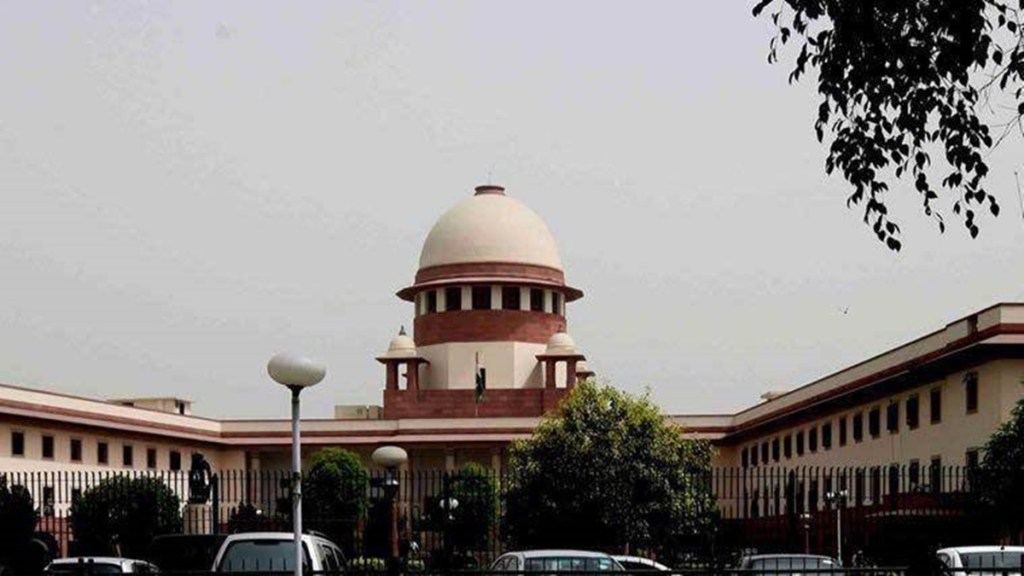A statement made by a minister, even if traceable to any affairs of the state or for the protection of the government, cannot be attributed vicariously to the government by invoking the principle of collective responsibility, a five-judge Constitution bench of the Supreme Court, comprising Justices S Abdul Nazeer, BR Gavai, AS Bopanna, V Ramasubramanian and BV Nagarathna, ruled on Tuesday in a 4:1 majority verdict.
“A statement made by a minister even if traceable to any affairs of the state or for protection of the government cannot be attributed vicariously to the government by invoking the principle of collective responsibility,” the court said in a majority ruling, reported Live Law.
Justice BV Nagarathna, however, disagreed with the majority view of the bench and said that the government is vicariously liable in case of disparaging statements made by a minister. Expressing concern over the cases of hate speeches, Justice Nagarathna noted in her dissenting opinion that common law remedies are available to the citizens despite fundamental rights under Article 19(1)(a) and Article 21 may not be horizontally applicable in constitutional courts.
The judge, however, refused to issue guidelines to curb disparaging statements by public functionaries and said it was an issue for the Parliament to address. “It is for the party to control the speeches made by their ministers which can be done by forming a code of conduct. Any citizen who feels attacked by such speeches made or hate speech by public functionary etc can approach the court for civil remedies,” she said.
The Supreme Court has also held that additional restrictions not found in Article 19(2) cannot be imposed on the right to freedom of speech of ministers, MPs and MLAs under Article 19(1)(a) of the Constitution, adding that existing grounds to restrict free speech mentioned in Article 19(2) are exhaustive.
“The grounds lined up in Article 19(2) for restricting the right to free speech are exhaustive. Under the guise of invoking other fundamental rights or under the guise of two fundamental rights staking a competing claim against each other, additional restrictions not found in Article 19(2) cannot be imposed on the exercise of the right conferred by Article 19(1)(a),” the Constitution bench has unanimously held.
The matter pertains to the Bulandshahr rape case in July 2016, when then minister of the erstwhile Samajwadi Party government Azam Khan had sought to dismiss the incident as “nothing but a political conspiracy”. A petition was moved in the apex court seeking action against Khan. The top court, while asking Khan to submit an unconditional apology, had noted that the matter raises serious concerns regarding state obligation and freedom of speech and expression and referred the matter to a Constitution bench in 2017.
The questions addressed by the Supreme Court in today’s verdict answer the questions framed by amici curiae Fali S Nariman and Harish Salve, both senior advocates. Five questions were framed in the matter and the verdict was reserved on November 2022.
The court additionally held in its verdict Tuesday that a fundamental right under Article 19 or 21 can be enforced even against persons other than the state or its instrumentalities. The top court further clarified that a statement by a minister that is inconsistent with the rights of citizens will not be actionable as a constitutional tort unless it leads to omission and commission of offence by a public official.
The court further ruled that the State is under a “duty to affirmatively protect the rights of a person under Article 21 whenever there is a threat to personal liberty even by a non-state actor”.


